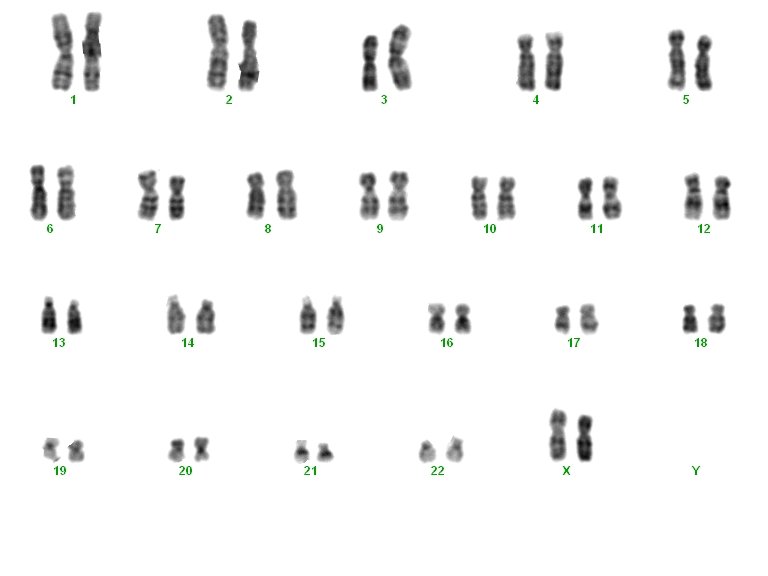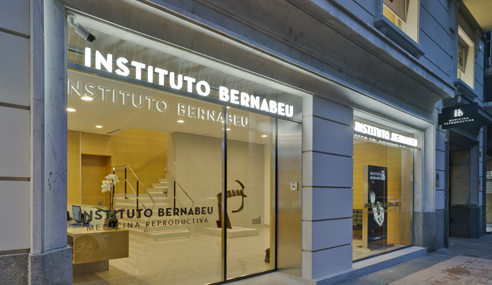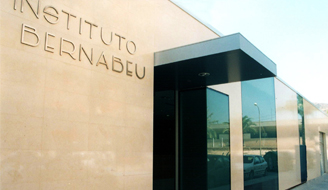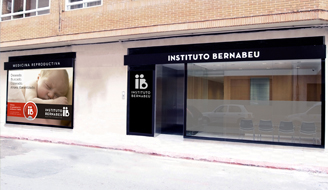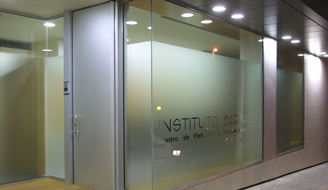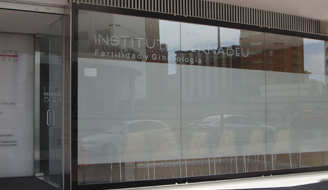Clinical study on the risks of chromosomally abnormal embryos in very young mothers
We tend to think that only older mothers pose issues in terms of embryo genetics. However, we have discovered that it is an issue that can also come to the fore in women under 22 years of age and that it later stabilises from 23 years of age.
Embryo chromosomal make-up depends on multiple components which come both from the mother and from the father. Amongst all the studied variables, the mother's age is the determining factor in chromosomal abnormalities that can be identified in the embryo. As the mother's age increases, an increase in the probability of the embryo having an abnormal number of chromosomes (aneuploidy) is observed. Therefore, older women are at a greater risk of having a pregnancy involving chromosomal abnormalities.
This research work has been accepted as an oral presentation for the ESHRE 2016 congress to be held in Helsinki between the 3rd and 6th July.
The work centred around a group of women who have not previously undergone extensive study. That is, very young women (18 to 22 years of age). Specifically, a peak in aneuploidies was observed in women in this age group, and particularly so at 22 years of age.
At 23 years of age, the situation stabilises and from this age on the incident rate of embryo aneuploidies begins growing progressively and reaches above 60% in women over an age of 38 years. It is for this reason that older women are advised to undergo Comprehensive Chromosome Screening (CCS) with the aim of increasing IVF success rates since this technique means that chromosomally normal embryos with a very high chance of implanting correctly can be selected.
VERY YOUNG WOMEN ARE AT RISK OF HAVING A HIGH EMBRYO ANEUPLOIDY RATE
B. Lledó, H. Blanca, J. Guerrero, J.A. Órtiz, R. Morales, J. Ll. Aparicio, R.Bernabeu.
Oral Presentation. ESHRE, 2016
